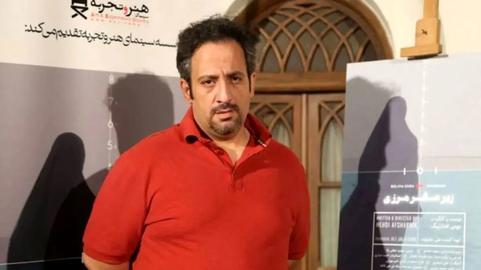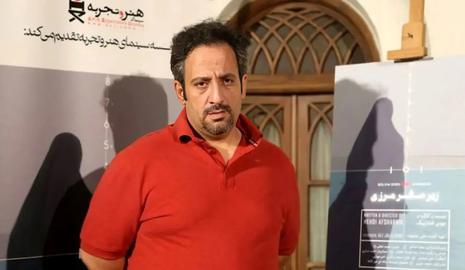The Committee to Protect Journalists (CPJ) says Iranian authorities have arrested at least 95 journalists since the eruption of anti-government protests five months ago, and more than half of them, at least 48, had their devices seized.
The number of device seizures is believed to be much higher, since Iranian security forces are known to intimidate witnesses to prevent details of the detentions from getting out.
By accessing the detainees’ phones and computers, the Iranian authorities can “amass a significant database of personal information about the journalists and their networks,” which in turn gives a “powerful tools at their disposal to aid in convictions,” CPJ warned on February 16.
For police around the world, phones and computers are a shortcut to obtaining private data about suspects during criminal investigations. Sophisticated forensic tools allow them to bypass passcodes and extract data from the devices, a concern for journalists, as well as their sources, family and colleagues.
In Iran, officials do not always have recourse to technology to get into a journalist’s devices.
CPJ cited the case of a journalist who had his phone and computer seized in 2019.
“You can give us your password the easy way, or the hard way,” the journalist was told by security officials.
“I didn’t try the hard way,” the journalist told the New York-based media freedom watchdog. “They went through my Twitter, WhatsApp, Telegram, and Gmail.”
The journalist was ultimately prosecuted for spreading “propaganda” and undermining national security, the same charges many of the journalists covering recent protests now face.
“They asked me to sign [the printouts], to use them against me as evidence for my guilt,” the journalist said.
Authorities kept the devices for a month.
“Two weeks after I was released on bail, I received a call to go to a metro station in the city…Someone came up to me saying, ‘Hey, here’s your phone and laptop.’”
Fearful that the devices had been infected with spyware, the journalist got rid of them before fleeing Iran to escape a prison sentence.
Iranian security forces have killed more than 520 people, including dozens of children, and detained over 19,000 others since the eruption of the protest movement in September, activists say.
Following unlawful detentions and biased trials, the judiciary has handed down stiff sentences, including the death penalty, to protesters.
visit the accountability section
In this section of Iran Wire, you can contact the officials and launch your campaign for various problems






















comments